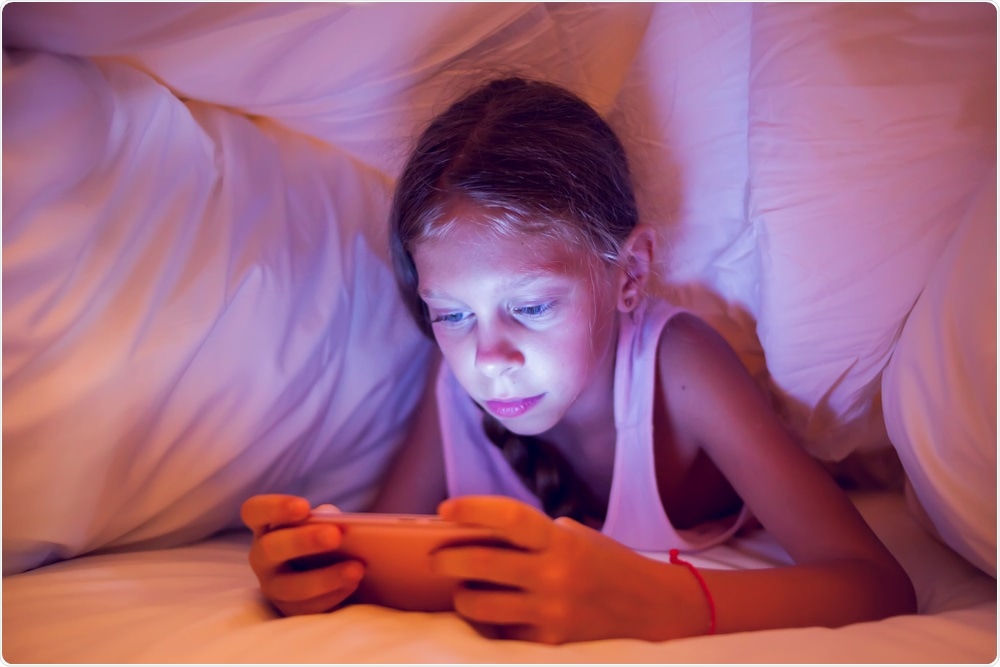The UK's chief medical officers are calling on parents to ensure that the time children spend on phones and tablets does not interfere with their sleep, exercise and education.
 aleks333 | Shutterstock
aleks333 | Shutterstock
The officers have released guidelines advising on measures parents should take, including not letting children take their devices to bed or use them during mealtimes.
The new recommendations follow a review by the Commons science and technology select committee, which assessed evidence on the impact screen-time has on children’s mental health and well-being.
The review found that heavy use of social media was associated with a two-fold increase in risk for depressive symptoms.
Of teenage girls who spent more than five hours a day on social media sites, 38.1% suffered from depressive symptoms, compared with 18.1% of those who spent three hours or less on the sites. Among teenage boys, the corresponding figures were 14.5% and 6.8%.
The review also states that there is not yet sufficient evidence to make specific recommendations about the daily limits for screen time. However, the CMO guidelines advise taking a “precautionary approach” and limiting children to no more than two hours at a time on smartphones and similar devices.
CMO Dame Sally Davies advises that children take a rest from using such devices every couple of hours, as well as being careful about sharing photographs and ensuring that they get enough sleep. She is also calling for digital technology companies to make more effort to enforce age limits and limit the “normalization” of bullying and self-harm.
The new guidelines come as Health Secretary Matt Hancock warned social media providers: “clean up your act” – or face new laws enforcing compliance with duty of care.
Technology is an unavoidable aspect of modern life and technology companies have a duty of care. They must make more effort to keep their users safe from harm, particularly children and young people.”
Dame Sally Davis, Chief Medical Officer
Davis also advises that parents talk to their children about the content they are viewing and to be on the lookout for changes in behavior.
Families are encouraged to have “screen-free mealtimes” and parents to pay full attention to their children, away from smartphones and other electronic devices.
“The chief medical officer is right to be cautious about how long children are spending looking at screens rather than talking to their friends or getting a good night’s sleep,” says Dr. Bernadka Dubicka from the Royal College of Psychiatrists.
We do not yet have enough evidence to draw a definite causal link between amount of screen time use and mental health problems but it is clear that some of the content that young people are viewing online, such as pro-anorexia, suicide or self-harming content, can be incredibly harmful.”
Dr. Bernadka Dubicka